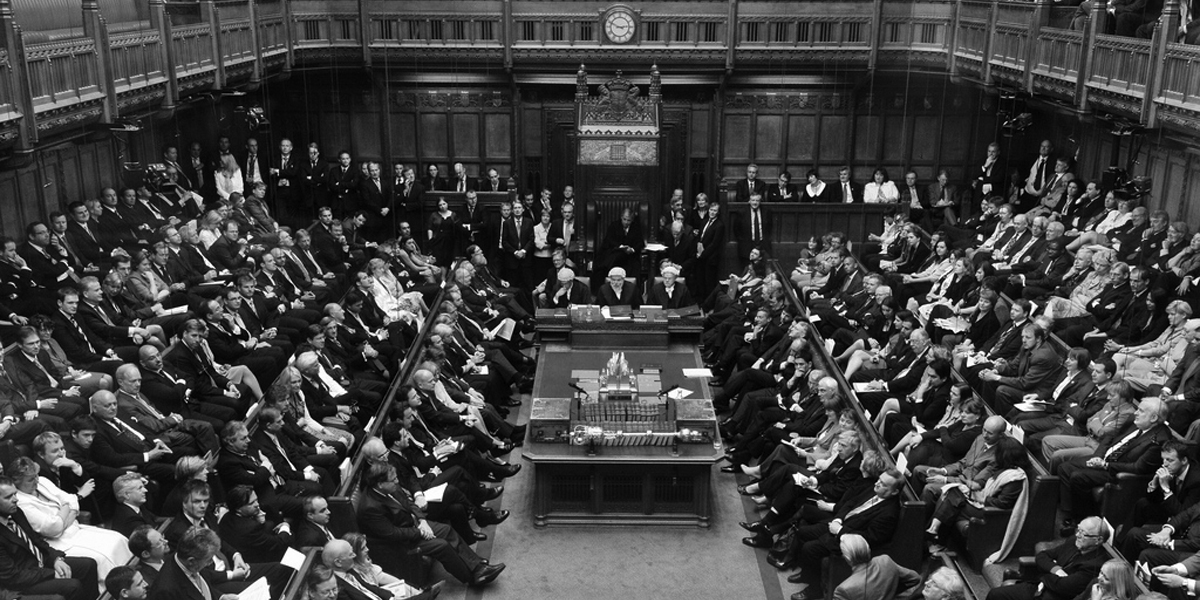Local versus national will decide Eastleigh by-election
The Tories begin the Eastleigh by-election campaign in second place but just about favourites. The latest YouGov voter retention figures point to an easy gain for the Tories and a healthy majority of around 5,000. The Lib-Dems look in disarray,...
The Tories begin the Eastleigh by-election campaign in second place but just about favourites. The latest YouGov voter retention figures point to an easy gain for the Tories and a healthy majority of around 5,000. The Lib-Dems look in disarray, are denied their candidate’s name recognition and have a declining membership and activist base. If the Tories can keep the focus on national issues, Chris Huhne’s court case and Nick Clegg’s unpopularity then it will be difficult to look past them.
The Lib-Dems however shouldn’t be written off. While the national press will be looking for tensions between coalition partners, the Lib-Dems can keep the focus in Eastleigh local. They have a stranglehold on Eastleigh Borough Council with 40 councillors to the Tories 4. In council wards within Eastleigh constituency itself, the Tories currently have zero councillors. The Tory ground game – crucial in any by-election – will have to be shipped in from other constituencies.
This is also an area, remember, with a not insignificant Labour minority that are prepared to vote tactically. Will they go for the party most likely to beat the Tories? Or will Labour voters’ distaste of Clegg rule the day with the ever popular ‘sofa option’ keeping voters at home. Turnout in Eastleigh, which usually runs ahead of the national average, will be something to keep an eye on.
A further curve-ball comes in the shape of Nigel Farage. He was UKIP’s candidate back in 1994 gaining barely over 1000 votes, but they’ve come a long way since then and are active in Eastleigh. Some Tories even blamed the strength of the UKIP vote denying them victory in 2005. They’re surely too far behind to win (Labour being best placed to take any massive anti-Government protest vote), but a good showing could deny Cameron crucial votes and strengthen UKIP influence on the right of the Tory Party.
Leaving aside the reasons behind the latest parliamentary by-election in Eastleigh, the campaign is certainly a fascinating one for the by-election watchers. Eastleigh was a safe Conservative seat until a shock by-election win in 1994 saw the Lib-Dems win on a massive 21.5 per cent swing. Since then it has turned marginal, with the Lib-Dems local ‘pavement politics’ model just managing to keep the Tories at bay for nineteen years.
After the by-election in 1994, the 1997 elections saw a large, and expected, swing back to the Tories, but with a candidate in place and a strong local campaigning machine (allied to anti-Tory tactical voting by Labour voters), 1994’s by-election candidate victor David Chidgey held on by just 754 votes. Subsequently a small pattern has repeated itself with Chidgey increasing his majority to over 3,000 in 2001, before a change in candidate saw Chris Huhne hold on in 2005 by just 568 votes, before increasing again in 2010 to 3,864.
With Labour nearly 20,000 votes off the pace in 2010, the people of Eastleigh will, sadly, probably be left with a choice between two parties of government for the first time in modern electoral history. Standard by-election messaging – which basically consists of ‘send a message to the government’ – won’t apply here, so what will the message of the two parties be?
It makes an intriguing test case for local politics versus national politics, but who will triumph? A win for Cameron and he could point to a historic government gain; if Clegg comes through then it’s the biggest comeback since Ali. If I were Ed Miliband I’d be secretly hoping the local politics wins through. It can only strengthen the case that the next election will be won through massive investment in Labour’s ground game. An Eastleigh win for the Lib-Dems will give him the credibility to test that theory in 2015.
